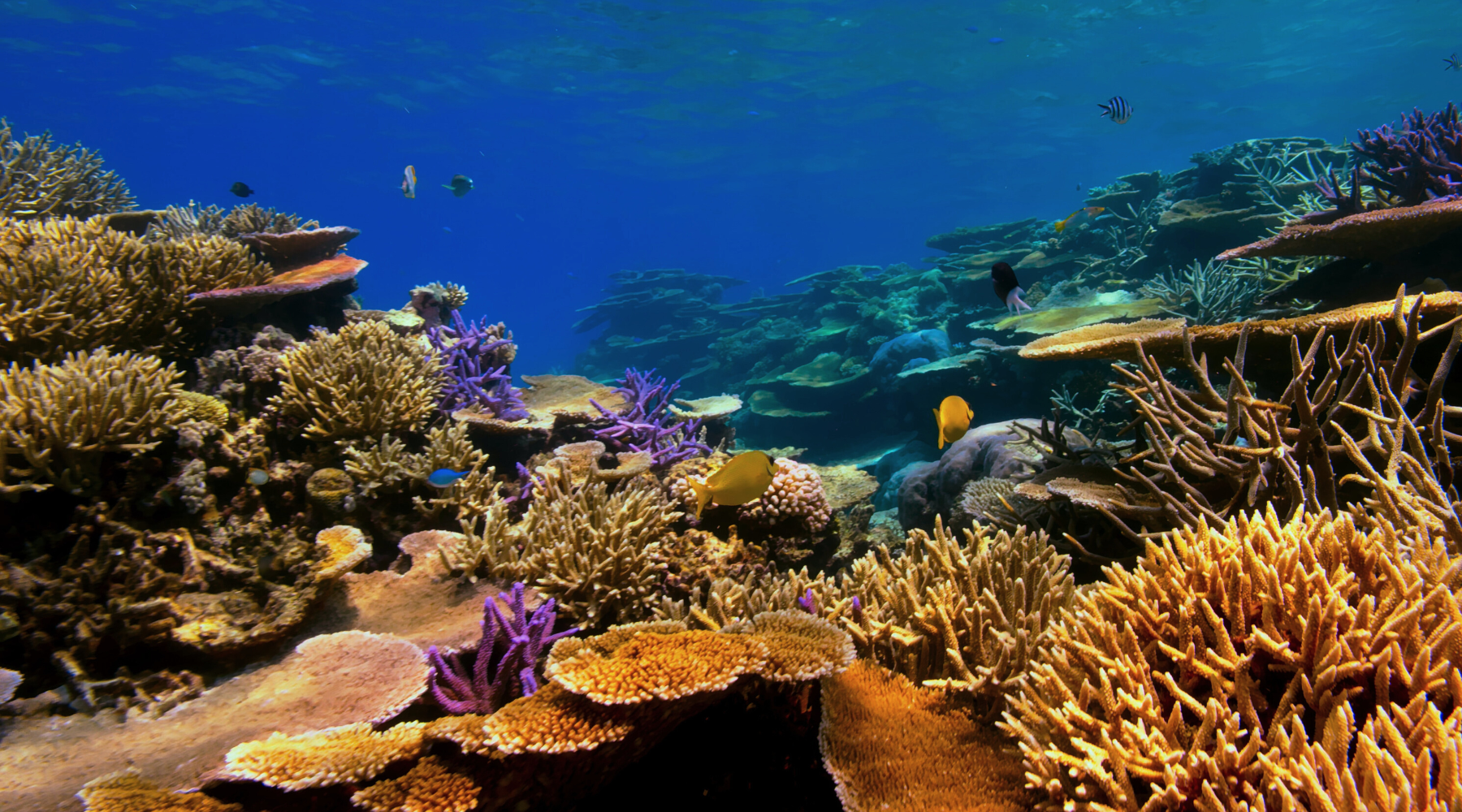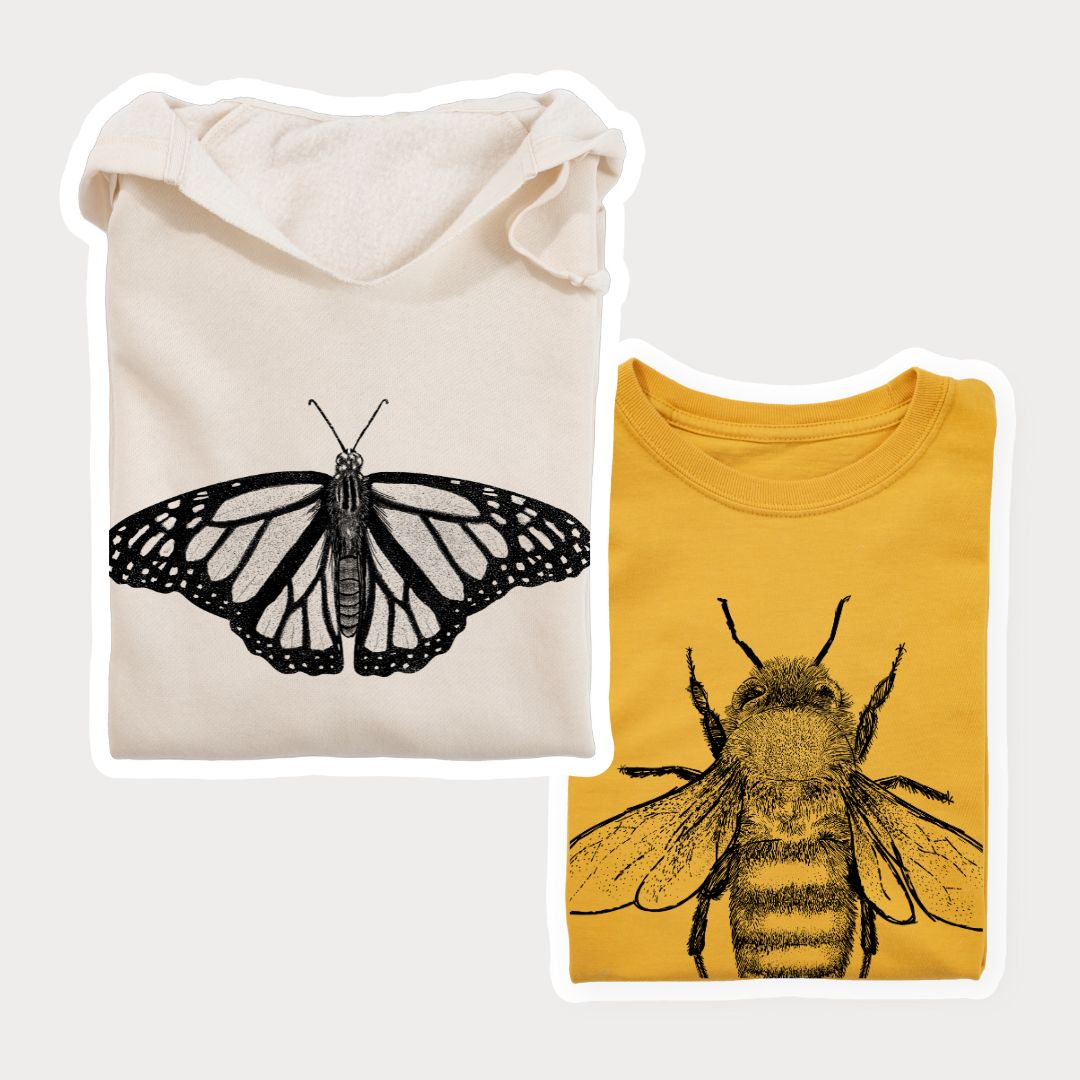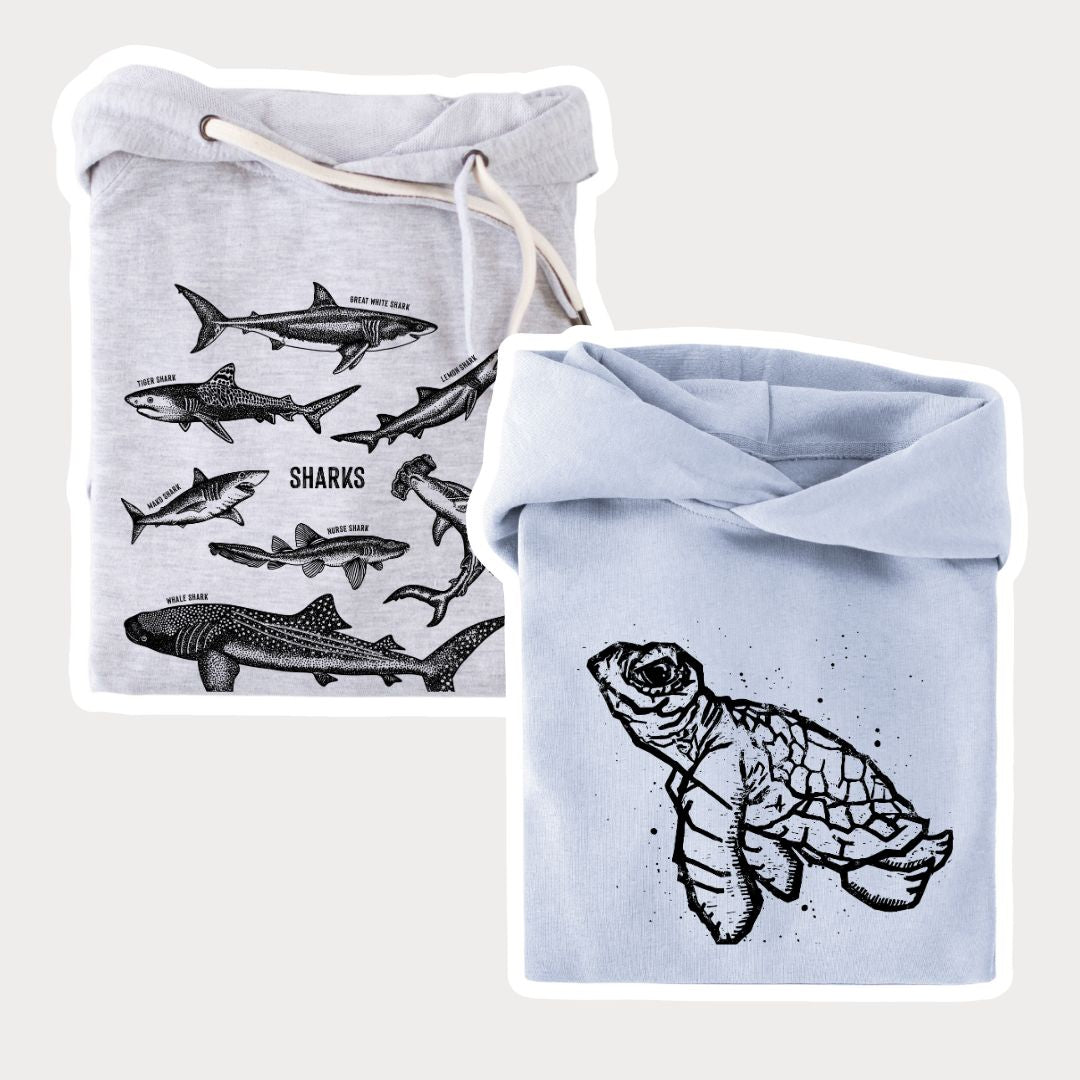Why Are Coral Reefs Important?
To some people, coral reefs may as well be in the same category as the lost city of Atlantis — some far-off oceanic area, the existence of which seems trivial, if thought about at all. To others, they may be a beautiful spot filled with opportunities to get up close and personal with exotic sea life and bask in the bounty of nature.
The truth of the matter is that coral reefs are much more than a beautiful place to explore and certainly more deserving of more than a mere afterthought. They are an important part of our ecosystem. If you have ever wondered why are coral reefs important, the answer is here.

Francesco Ungaro
Why Are Coral Reefs Important? Our Ecosystem Depends on Them
Reefs supply many necessities for fish and other organisms. Because of this, they play a crucial role in our ecosystem as a whole.
Diversity
Coral reefs themselves are built by a variety of tiny animals, ranging from solitary organisms to huge gatherings reef-building colonies. These animals, known as as coral polyps, are responsible for thousands of species of corals. Reefs are often deemed "the rainforest of the sea" because the diversity of life found within them is so expansive.
Habitat
Many people associate coral reefs with warm tropical seas. While this is true for some corals, others thrive in the cold depths of the ocean. A vast percentage of oceanic life depends on coral reefs as part of their habitat. About a quarter of the ocean's population relies on healthy coral reefs for their survival. These oceanic creatures use these reefs for shelter, places to hunt for food, and areas to reproduce and rear their young.
Community
Not only do coral reefs offer benefits to sea life, but they also benefit the communities around them. They provide shorelines with protection from storms and erosion. They are also a big part of the economy in their communities, providing locals with jobs and tourists with recreation. Between diving, snorkeling, and fishing excursions, reefs may contribute hundreds of millions of dollars to the communities that surround them.

Taylor Simpson
Coral Reefs Are Being Threatened
It's clear to see why are coral reefs important now that you understand their impact on the ecosystem and economy. Sadly, though, they are at severe risk of perishing.
Natural Perils
Some threats to coral reefs are naturally occurring, such as:
- Storms
- Predators
- Diseases
Human Interference
Other threats are the direct outcome of human interaction with reefs and sea life:
- Pollution
- Unsustainable fishing practices
- Overuse of resources resulting in climate change
- sedimentation
A high amount of stress on corals can lead to coral bleaching. As long as corals have the time to recover from bleaching, they can survive. However, even if they do recover, there is often a significant impact on the ecosystem.

Naja Bertolt Jensen
You Can Positively Impact the Health of Coral Reefs
Now that you realize why are coral reefs important, there are multiple ways in which you can help preserve them both directly and indirectly.
Green Living
One of the best ways for people to positively impact the world's coral reefs is to implement environmentally conscious behaviors into their daily lives. "Going green" is the process of making efforts to reduce one's harm that the human lifestyle has on the environment, and there are a few ways it can be done.
Reduce, Reuse, & Recycle
Debris, especially plastic, is harmful to the reefs. Recycling your household trash can make a big impact. In addition, when visiting beaches and waterways, make sure to clean up after yourself before leaving. Follow the adage, "take only pictures; leave only footprints."
Limit Greenhouse Gas Emissions
Greenhouse gasses can lead to ocean waters being more acidic and warm, which results in stunted coral growth and coral bleaching. Choosing to walk or bike rather than driving a car can help reduce these emissions. If using a car is necessary, purchasing a fuel-efficient or clean energy vehicle is also a great option.
Conserve Energy
Electricity production contributes to those greenhouse gas emissions mentioned above and plays a large role in climate change, both of which have negative impacts on marine life. Saving energy ensures that less electricity has to be produced. Using energy-efficient appliances, turning off lights in unoccupied rooms, and turning off appliances that aren't being used are great ways to conserve energy.
Economic Choices
One incredibly important choice that people must make is how and where to spend their money. This rings true in all areas of life, including conservation. Making certain smart and intentional financial decisions can positively influence reef health.
Try investing in water catchments to reduce stormwater runoff. Shop with environmentally conscious companies (especially if they use proceeds to help support environmental and humanitarian causes). Make sure that any aquarium fish you buy have been sustainably collected, and donate to foundations with missions to sustain marine life and keep the oceans thriving.
Travel & Recreation
As you can see, there are many ways to prevent the demise of coral reefs that can be done in day-to-day life. What about if you're visiting the reefs in person? It's important to be responsible when diving and snorkeling. Take a "look but don't touch" approach with coral; touching these lifeforms can damage or kill them. You can also aid the sea life by choosing the correct sun protection. Some sunscreen ingredients can be harmful to marine life so reach for coral-safe sunblock or minimize sunblock use by wearing rash guards.

Inna Rabotyagina
Know Why Are Coral Reefs Important: Protect Them Today
Most people can agree that reefs are one of the most beautiful sights to see. For those lucky enough to visit them in person, taking in the beauty and livelihood of it all can be like something out of a dream. However, their worth runs deeper than visual appeal.
Why are coral reefs important? Simply put: the Earth relies on them. They help support 25% of marine life and they contribute tremendously to oceanic communities' food, medicine, and economy. Without them, many animals and humans would be in dire situations.
Because of this, everyone should play their part in nurturing the environment, from the way we live to the products we buy. If you're interested in learning more about conservation and wearing your cause on your sleeve, so to speak, check out BeCause Tees.

Oleksandr Sushko
Sources:
https://www.epa.gov/coral-reefs/what-you-can-do-help-protect-coral-reefs
https://www.noaa.gov/education/resource-collections/marine-life/coral-reef-ecosystems














Leave a comment (all fields required)